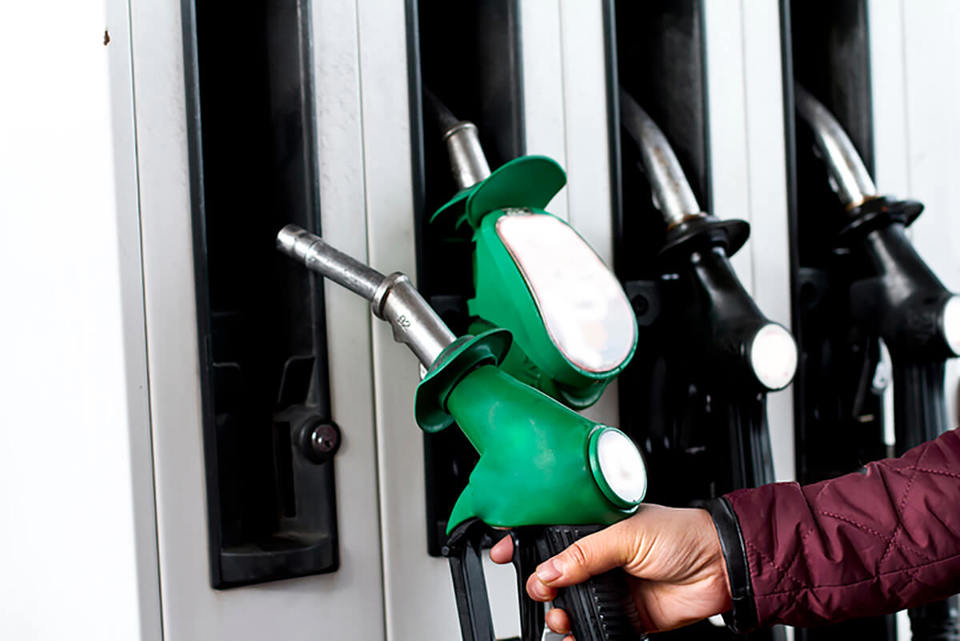Questions you should be asking...
- Do we record all business mileage claims plus each car’s total annual mileage (to deduce private mileage)?
- Do we make sure that claimed mileages and fuel costs are routinely checked and, if necessary, queried with the driver? How would we prove it in the event of a tax investigation?
- If we don’t use fuel cards, how do we know how much fuel each driver uses and what it costs?
- Do we know the tell-tale signs of fuel expense fiddling?
- Are our pence-per-mile rates fair? To the business? To drivers?
- If some commuting journeys are chargeable as business mileage (which is common in industries like construction), is this being recorded properly and are time limits being observed?
- Would we be better off
- incentivising drivers to buy fuel at supermarkets or trying to get a rebate from a fuel company? If we try the latter, how do they set the price they rebate against and would we have to commit to buying a certain amount of fuel to qualify? How far out of their way would drivers have to travel to fill up with the cheapest brand of fuel?
- Are we maximising our VAT reclaim (which requires provision of individual till receipts to HMRC unless the company uses a VAT-approved fuel card service)?
- How efficient is our process for paying expenses? Do finance and payroll have to wade through paperwork each month or do we get a payroll-ready data file from our fuel card and/or mileage capture supplier?
- How easy is it for finance/payroll to collate fuel expense and mileage data at year-end for P11D reporting?
Fuel tips
- Fleets can take a variety of actions to reduce fuel costs. Here’s the best.
- Downsizing car/van size and engine size.
- Pool vehicles rather than one vans for each driver.
- Crew buses to pick up/drop off workers rather than each one driving a vehicle to the site.
- Have suppliers deliver goods
- to a site rather than drivers; enables downsizing, removal of racks.
- Use wholelife cost in life to address ongoing fuel impact.
- Bonus service managers to hit fuel cost reduction targets.
- Use phone and video conferencing instead of vehicles.
- Create a travel plan and a hierarchy to reduce journeys.
- Implement a carbon cap and incentivise drivers to choose fuel efficient vehicles.
- Consider speed or rev limiters on your vans.
For more fleet strategy articles, click here





















Login to comment
Comments
No comments have been made yet.